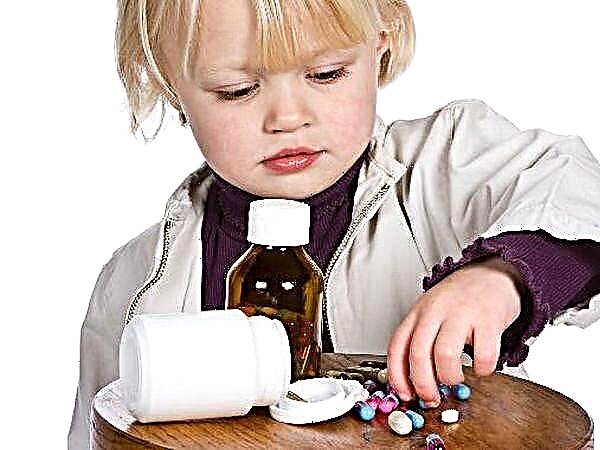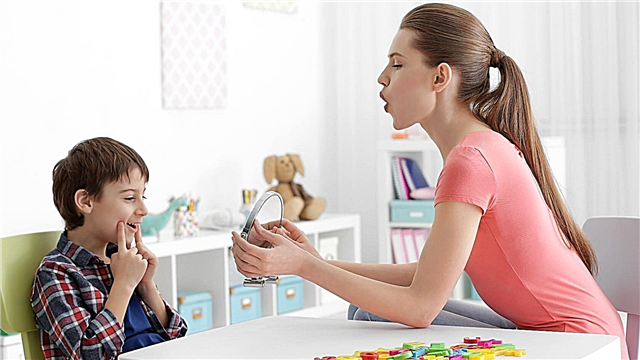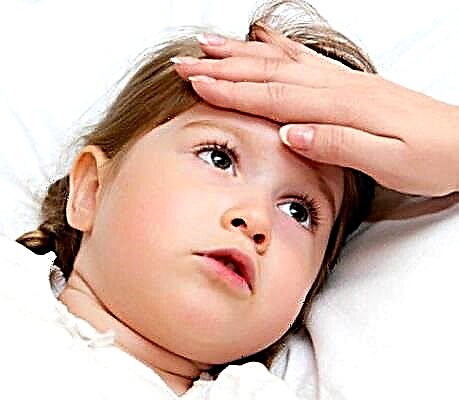
One way to judge whether a baby is healthy in the first year of life is to assess his stool. Therefore, the mother of a nursing baby should know what a normal stool should look like in order to distinguish it from diarrhea in time and call a doctor for the baby.
What does it look like
The stool of a baby who is fed only breast milk can be very varied in appearance. The reason for this is both the immaturity of the baby's digestive tract and the food eaten by the mother. In the first week of life, the baby's feces have a dark green color and a viscous consistency. This feces is called meconium and it is not worth worrying about seeing such stool in a newborn.
The normal consistency of the stool of a baby older than a week is mushy or creamy. The color of the stool can be either light yellow or with a tint of green. Lumps may appear in the stool. All this is normal for a newborn. Since lactation has not yet improved, the baby may receive more front liquid milk, which will make his feces greenish.
Normally, a breastfed baby can poop up to 10 times a day. Therefore, distinguishing diarrhea from normal bowel frequency can be difficult. Parents may suspect diarrhea if the consistency of the baby's stool is watery, there is mucus or blood in the stool.
Possible reasons
Liquefaction and an increase in the frequency of bowel movements of a breastfed baby occurs when:
- Mom's eating disorders.
- Allergic reactions.
- Intestinal infections.
- Dysbacteriosis.
Intestinal infection is not uncommon for infants, since the protective function of the digestive system is not fully formed in young infants. Even those pathogens that do not cause illness in adults can cause serious infection in babies.
Loose stools, which have a sour smell, may indicate that the baby does not digest lactose well. Inflammation of the intestines, including those of an allergic nature, can also lead to a lack of lactase production.
E. Komarovsky's opinion - what should mom eat?
A well-known doctor recalls that often the cause of diarrhea in infants fed with human milk is the mother's malnutrition. This applies not only to products with laxative effects, but also to possible allergens. Komarovsky urges nursing mothers to experiment less with food and limit as much as possible cocoa, citrus fruits, strawberries, coffee and other foods that can act as allergens.
According to the doctor, everything that my mother eats will certainly go into her milk. That is why you should not eat foods that can impair the smell or taste of milk.
As for diarrhea in babies, the mother's consumption of white cabbage or legumes can make the stool of the crumbs thinner and more frequent. When trying any product, mom should monitor the baby, and if the baby does not have a rash and the stool has not changed, then you can increase the amount of product in the diet.

What to do?
Parents who suspect diarrhea in a baby should immediately call a doctor or an ambulance to the child. The specialist will determine the reasons for this condition and help you cope with it faster. Until the doctor arrives, parents must resist dehydration of the crumbs. In no case should you stop breastfeeding the baby.
When should you call a doctor?
It is important to immediately call a doctor to the baby if:
- The baby poops too often.
- Blood appeared in his watery stools. The presence of blood in the stool indicates an injury to the wall of the intestinal mucosa.
- When having a bowel movement, the baby cries in pain and bends over.
- The baby's body temperature has risen.
- In addition to loose stools, the baby was vomiting.
How to treat?
The baby should continue to be breastfed. It is important that the child gets enough fluid, so you need to apply the baby to the breast as often as possible. At the same time, a nursing mother should review her diet and exclude foods with laxative properties from the diet.
Sometimes it makes sense to supplement the baby with special electrolyte solutions. Such solutions must be in the home medicine cabinet. If the baby refuses to drink these solutions from the bottle, give the liquid from a spoon, pipette or syringe without a needle. It is necessary to give solutions in small quantities so as not to provoke vomiting. You should not water a baby with diarrhea only with boiled water, as the baby loses not only liquid, but also salt. Add to 1 liter. boiled water 1 tsp. without a hill of salt and 5 hours of sugar, because only the replacement of lost water can aggravate the salt deficiency.

The crumb can also be given adsorbing agents (smecta, enterosgel and others) that will absorb toxins from the intestines. Antibiotics should not be given to the baby on their own - only a doctor should prescribe these drugs.



